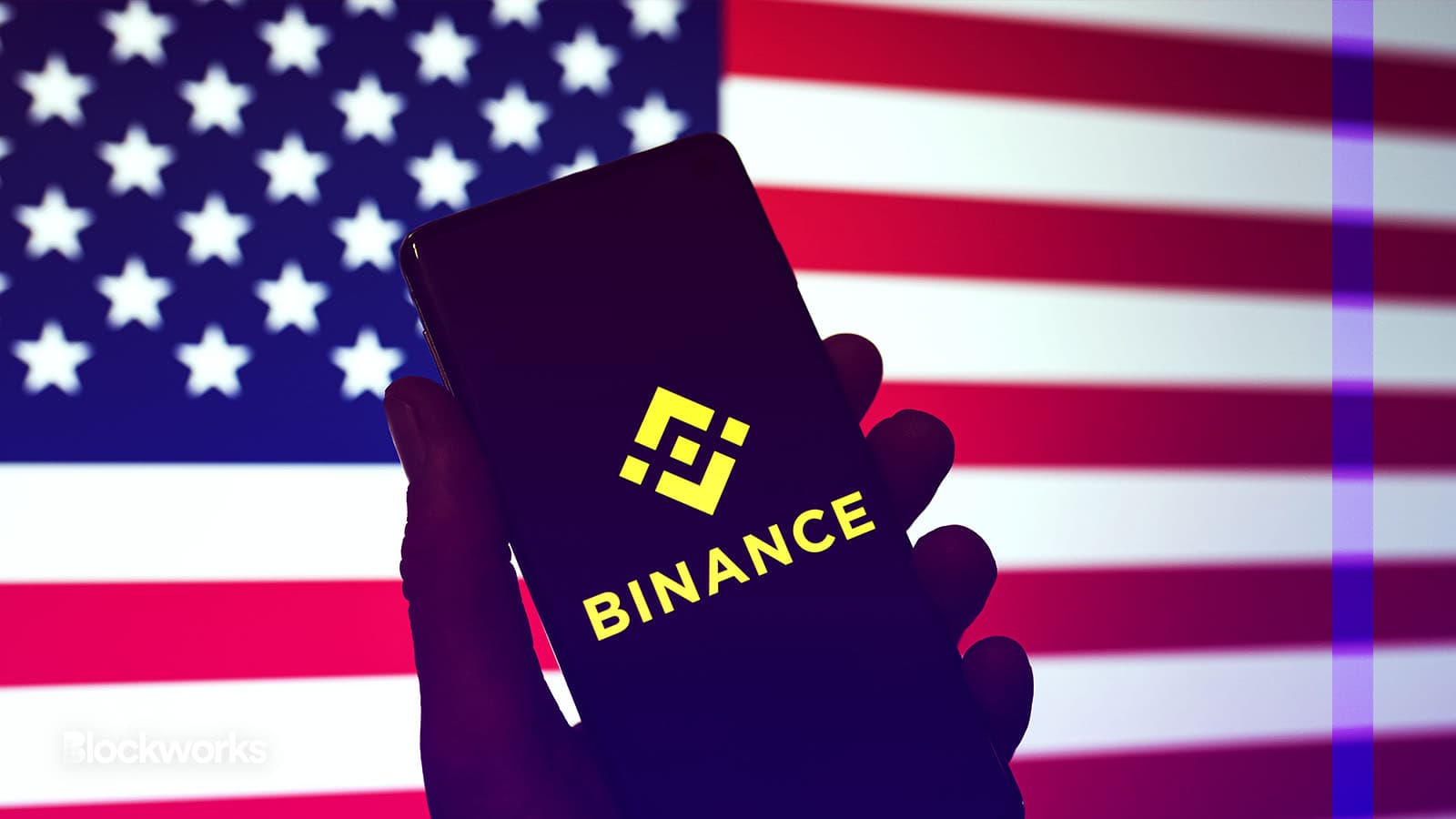Binance.US CEO exits amid second round of staff cuts post-SEC lawsuit
A Binance.US spokesperson cited the SEC’s actions as having real-world consequences on American jobs and innovation

salarko/Shutterstock, modified by Blockworks
Binance.US’ CEO Brian Shroder has resigned from the crypto exchange about three months after authorities charged the entity with securities law violations.
General counsel Norman Reed will reportedly temporarily step in to replace him.
Shroder held the position of president and CEO at Binance.US for over 2 years, and was the third president of the entity since its establishment in 2019. He remained notably quiet regarding the recent regulatory actions taken against the company.
Binance.US and Shroder have not commented on why he left.
Shroder came to Binance.US with a solid fintech background, previously holding positions at Ant Group, where he led Southeast Asia operations, and focused on expanding AliPay and Ant Pay services across the region.
Before that, he served as the head of strategy and business development at Uber’s Asia office.
Additionally, Binance.US is reducing its workforce by over 100 positions, constituting roughly one-third of its employees. This marks the second round of layoffs following the SEC lawsuit.
“The actions we are taking today provide Binance.US with more than seven years of financial runway and enable us to continue to serve our customers while we operate as a crypto-only exchange,” a spokesperson reportedly said.
“The SEC’s aggressive attempts to cripple our industry and the resulting impacts on our business have real world consequences for American jobs and innovation, and this is an unfortunate example of that.”
Back in June, Binance.US informed staff that it would be downsizing due to the regulatory actions, though the exact number of layoffs was undisclosed.
The situation was a result of a chain reaction caused by the SEC’s actions, affecting Binance.US’ relationships with its banking partners, according to an email from management reviewed by Blockworks.
Binance.US users couldn’t deposit or withdraw dollars for about a month after the regulatory action as banking partners cut ties.
To resolve this, the US affiliate teamed up with MoonPay, allowing users to buy Tether with debit and credit cards, Apple Pay or Google Pay and use them to purchase other cryptocurrencies on the platform.
The SEC’s complaint against Binance.US has led to decreased liquidity and a decline in market share, with the platform now being overshadowed by competitors like Kraken and Coinbase that cater primarily to US customers.
Get the news in your inbox. Explore Blockworks newsletters:
- The Breakdown: Decoding crypto and the markets. Daily.
- 0xResearch: Alpha in your inbox. Think like an analyst.






